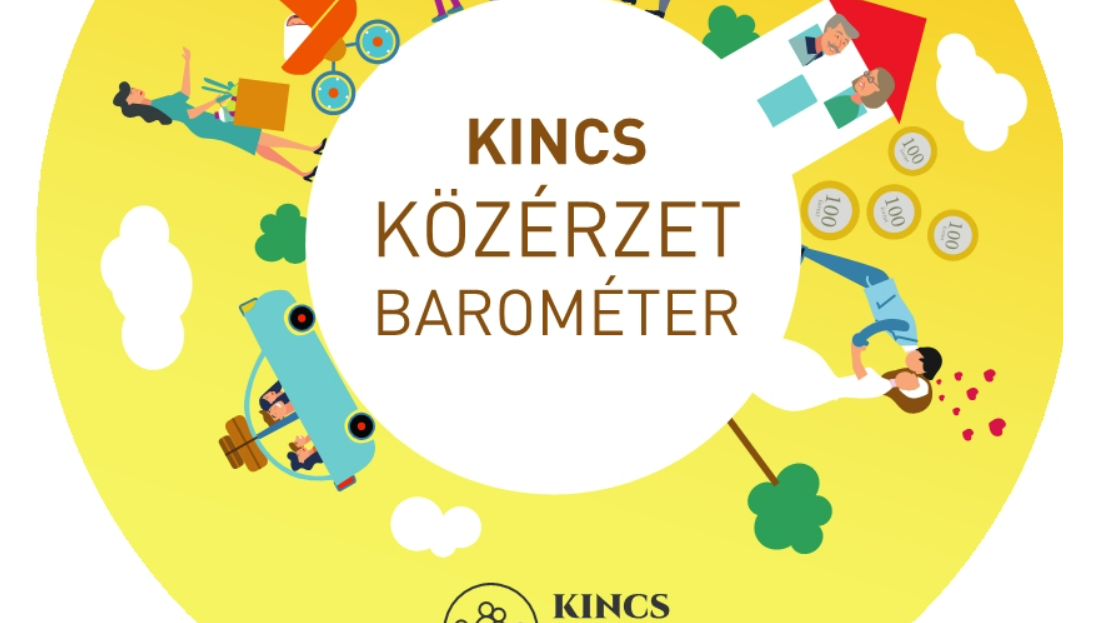
According to the annual Wellbeing Barometer by Mária Kopp Institute for Demography and Families (KINCS), Hungarians rated their satisfaction level at 7.3 on a scale of one to ten in 2024. Married couples have reported themselves to be happier (7.7) than single people (6.6).
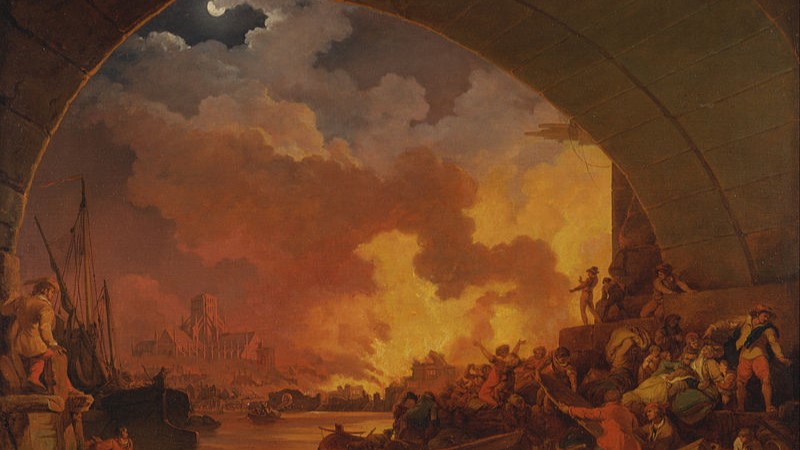
‘Increasingly, shops have delayed exit timers on their automatic doors to trap the thieves who steal with impunity otherwise. And in common with the rest of London, the plague of mobile phone theft is unavoidable. Foolish the person who walks around device in hand—it won’t remain there for long.’

Ubisoft’s Assassin’s Creed: Shadows has reignited debates over historical authenticity, representation, and creative liberty in gaming. The controversy stems from its inclusion of a Black samurai protagonist, inspired by the 16th-century figure Yasuke. While some praise this as an overdue exploration of marginalized history, others argue it distorts Japan’s feudal past to fit modern diversity narratives.

At football games in multiple countries across Europe, Palestine-sympathizer football fans have been displaying the banner ‘Show Israel the Red Card’ to protest the Jewish state. Meanwhile, Hungary is hosting the Israeli national team again, lending them the venue in Debrecen to play their World Cup qualifiers against Estonia and Norway this month.
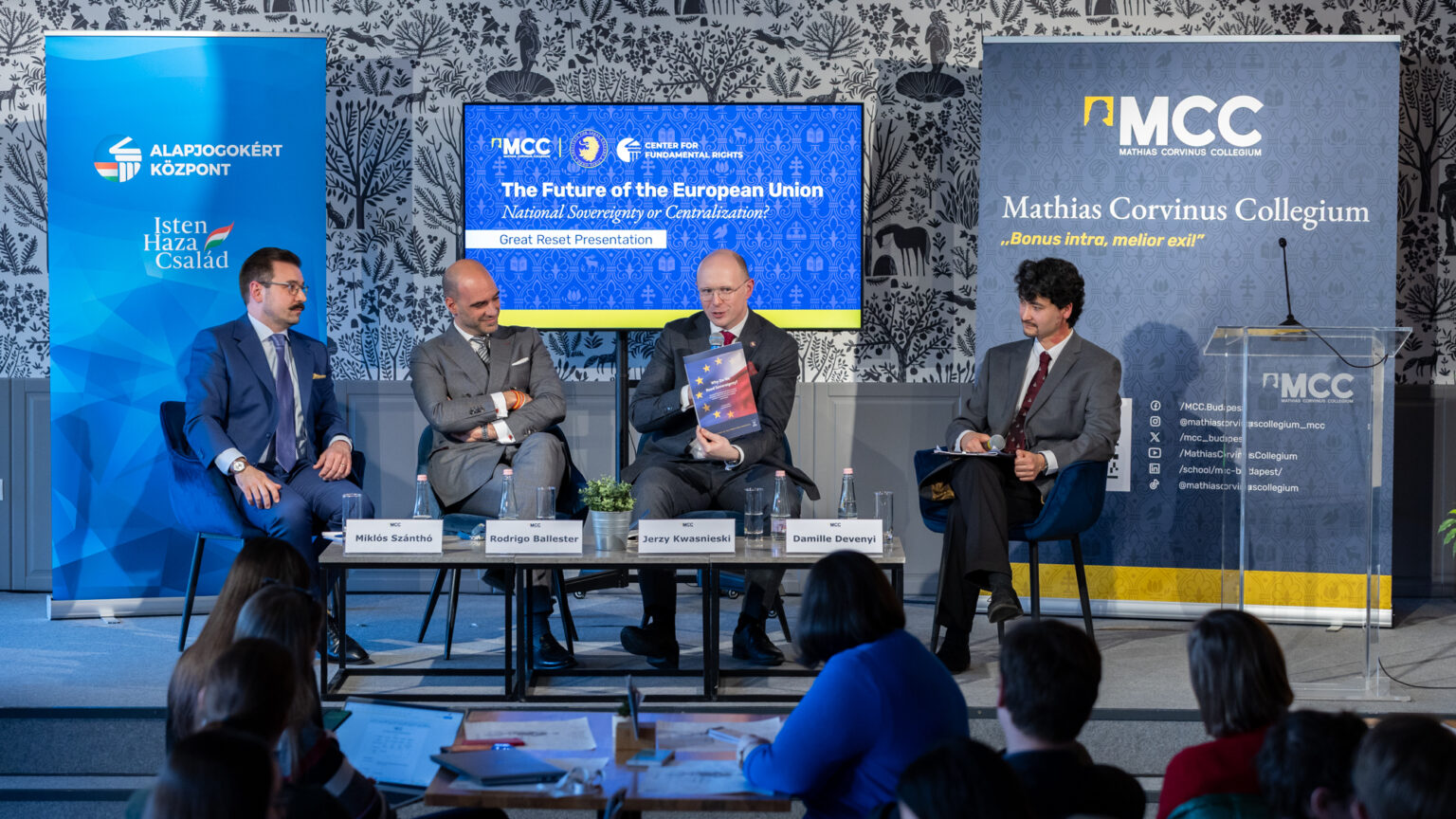
‘The current course [of the EU] leads straight to disintegration,’ Balázs Orbán pointed out in his keynote address at an event at Mathias Corvinus Collegium (MCC) in Budapest, focusing on the recently published joint report by MCC and the Polish Ordo Iuris Institute on the urgent need for EU reform. Orbán’s speech was followed by a panel discussion featuring the report’s authors, Jerzy Kwaśniewski of Ordo Iuris and Rodrigo Ballester of MCC, alongside Director General of the Center for Fundamental Rights Miklós Szánthó.

TV legend Chris Hansen, best known for his segment To Catch a Predator on Dateline NBC in the mid-2000s, has recently caught an illegal alien from Mexico trying to have sex with a 15-year-old sex traffic victim in his latest investigation. He went on Jesse Watters Primetime to talk about the outrageous case.

Hungary’s family support policies have attracted international attention, with US leaders praising them as exemplary. Following her visit to Washington, Secretary of State for Families Zsófia Koncz highlighted the country’s comprehensive approach to supporting families, which has contributed to rising birth rates and economic stability.

Széchenyi István University in Győr has become the first higher education institution in Europe to receive the Light UAS Operator Certificate (LUC). The accreditation allows the university to conduct drone operations independently, significantly enhancing its research and development capabilities.
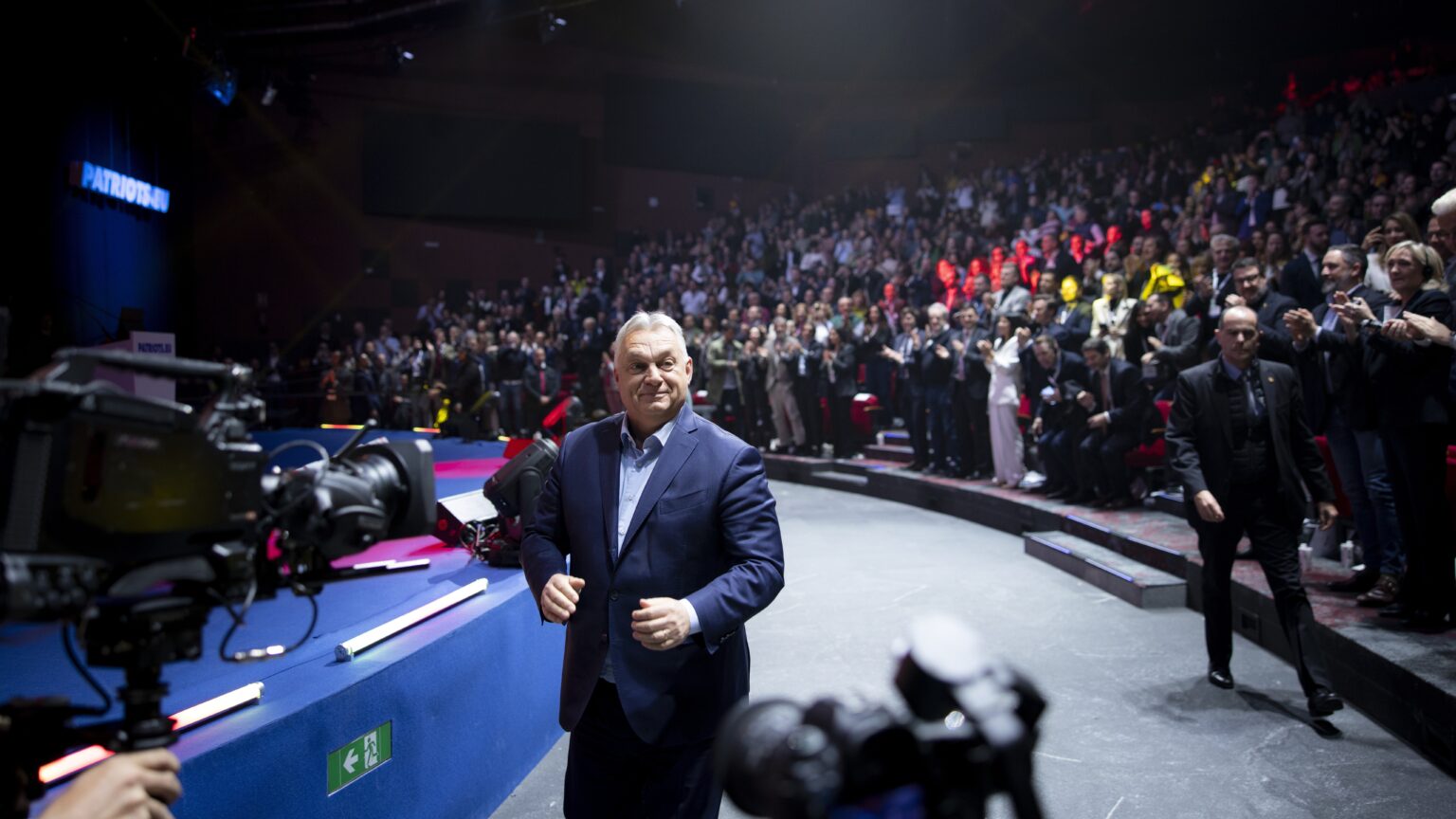
X user Inevitable West has posted about Prime Minister Viktor Orbán of Hungary’s new income tax exemption for mothers, also writing: ‘every European nation must do this.’ The post has received over 110,000 likes within 24 hours.
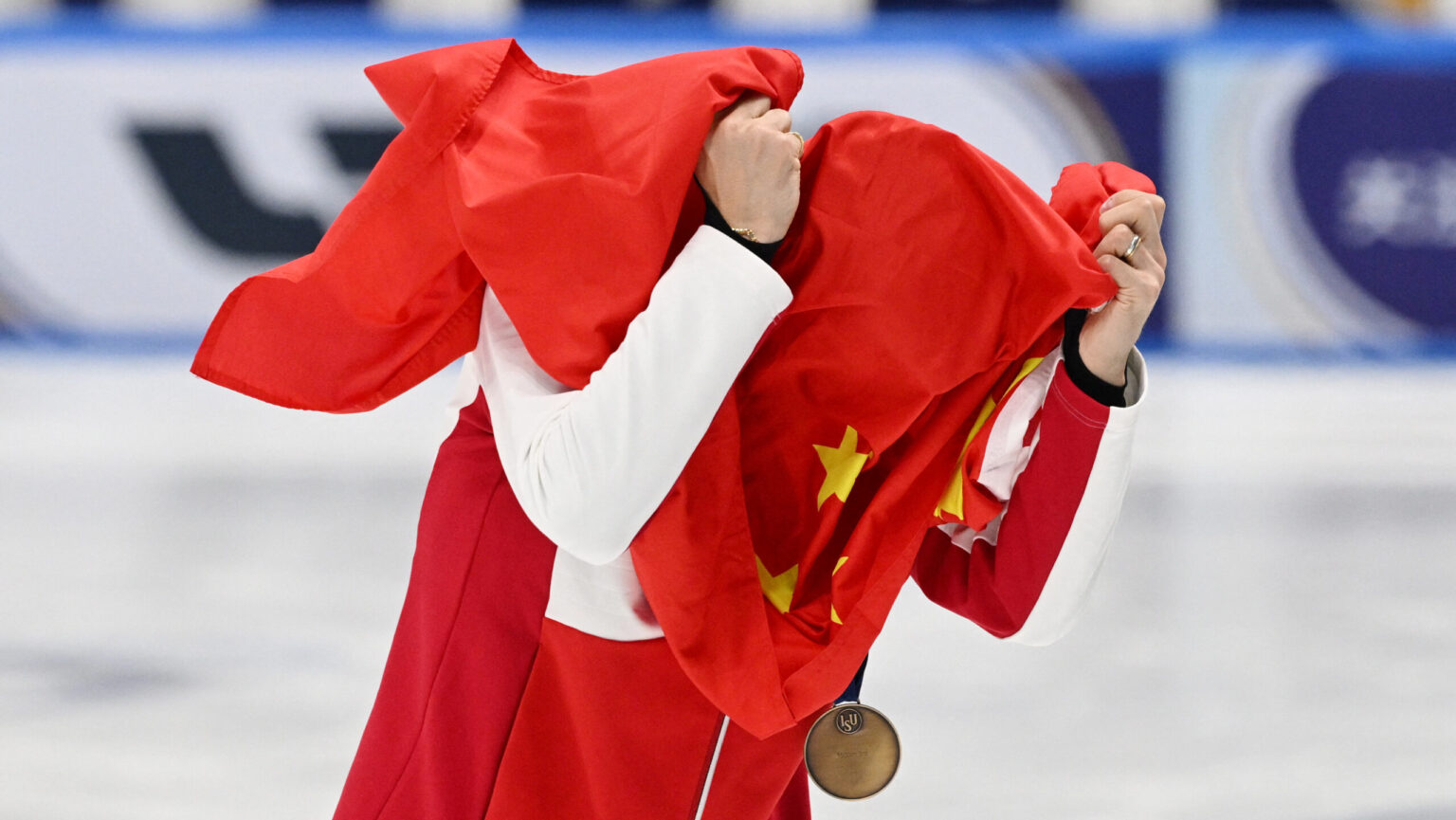
Liu Shaoang secured third place in the 1500m final on the first medal day of the ISU World Short Track Championships in Beijing on 15 March, earning China its first medal at the competition. Along with his brother, Liu Shaolin Sándor, he previously represented Hungary on the world stage, making sports history by winning the country’s first-ever gold medal at the Winter Olympics in 2018.
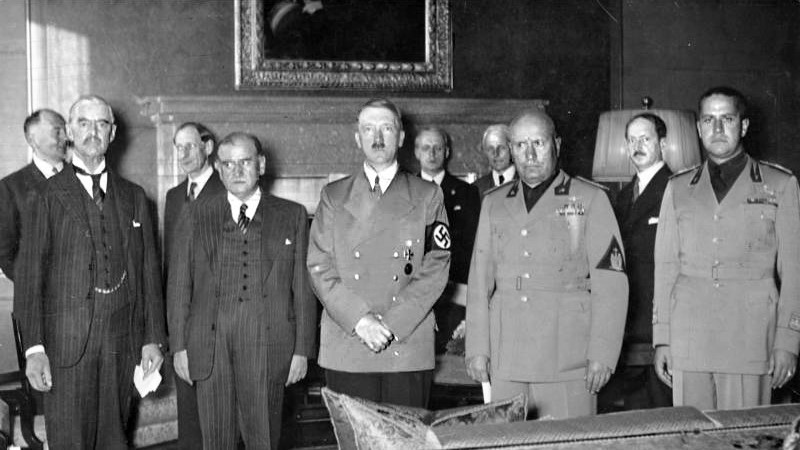
‘The final assessment in terms of the policy of appeasement would be that at the diplomatic and political level, the allies did indeed achieve their goals of buying time, mobilizing, as well as isolating Germany in the first months of the war from either Japan or Italy. They made Germany dependent on Soviet resources to sustain short-term operations, and pushed its economy on the brink of collapse.’

Hungarian company Q-Automotive Ltd and the University of Szeged (SZTE) are developing a home-compostable biopolymer-based packaging material supported by Hungary’s National Research, Development and Innovation Office (NKFIH). The project aims to reduce environmental impact through sustainable innovation.
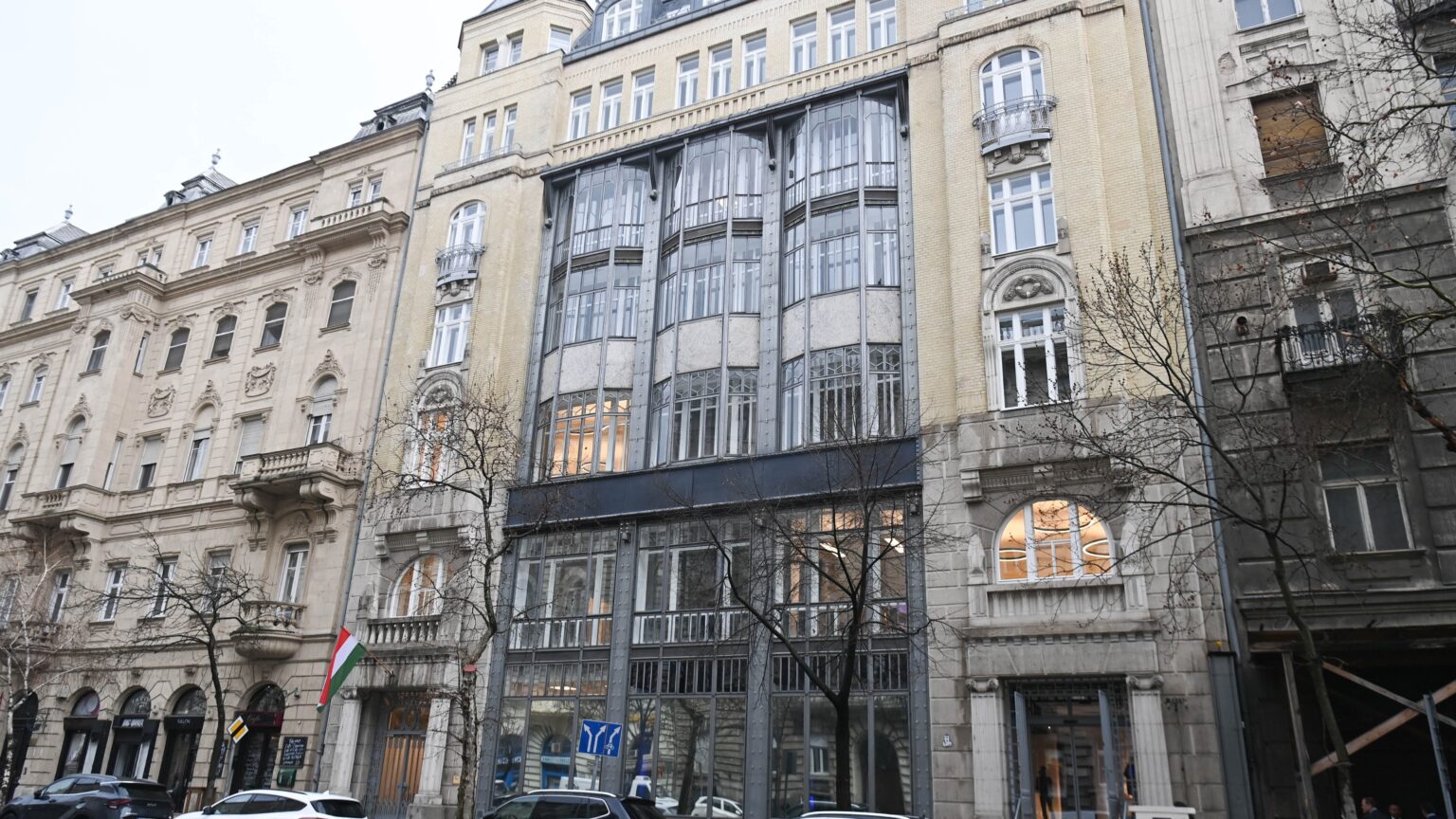
Hungary is committed to keeping its top researchers in the country by providing them with opportunities and support. The opening of the HUN-REN Hungarian Research Network’s new headquarters marks a strategic victory in this effort, recognizing the contributions of Hungarian scientists.
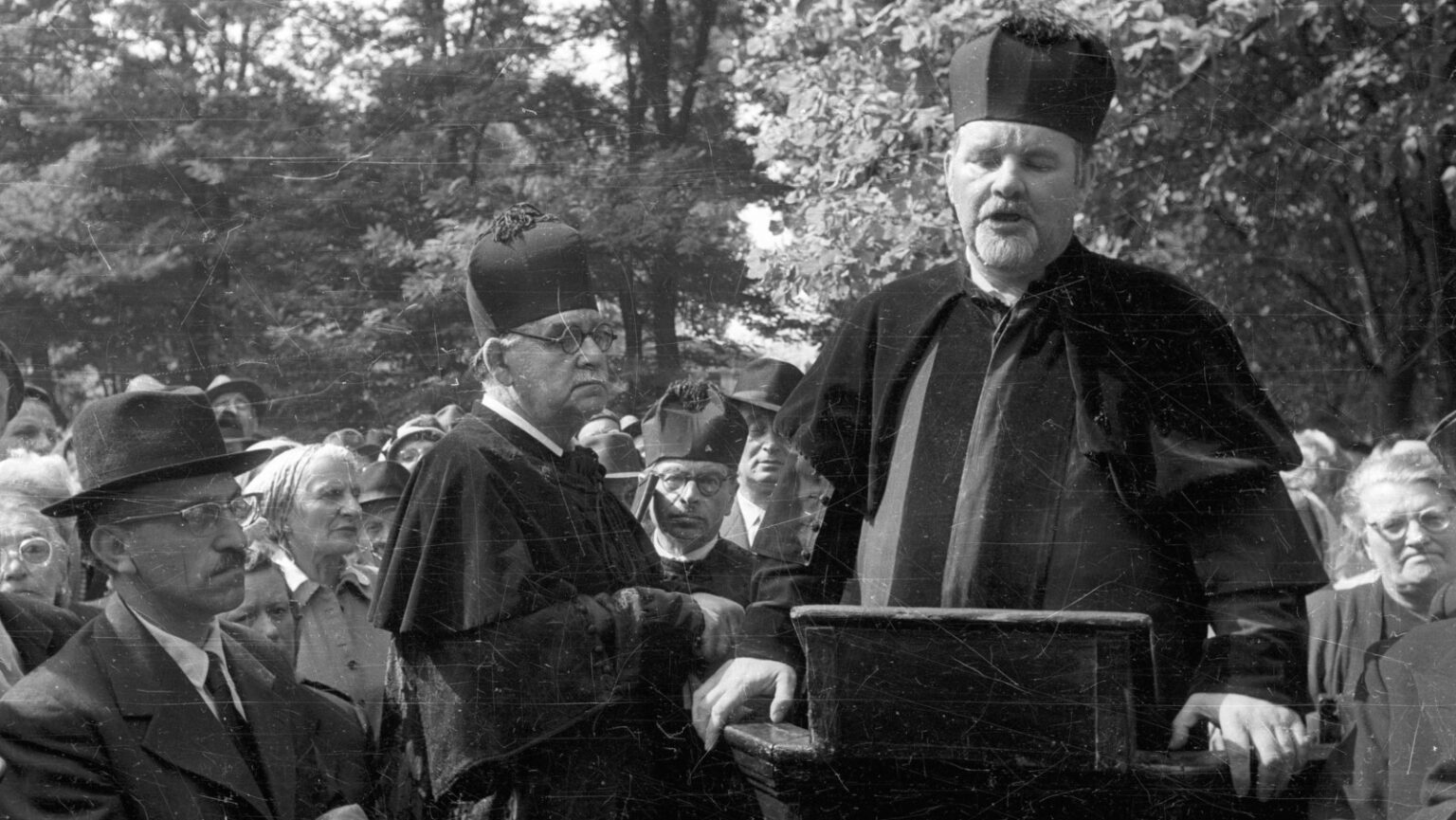
‘As documented in multiple historical works, Salgó was a state security agent codenamed “György Sárvári”, who reported on people he knew, most notably, Sándor Scheiber. While we do not intend to absolve him of his actions, certain documents may help readers gain a more nuanced and comprehensive understanding of the story.’
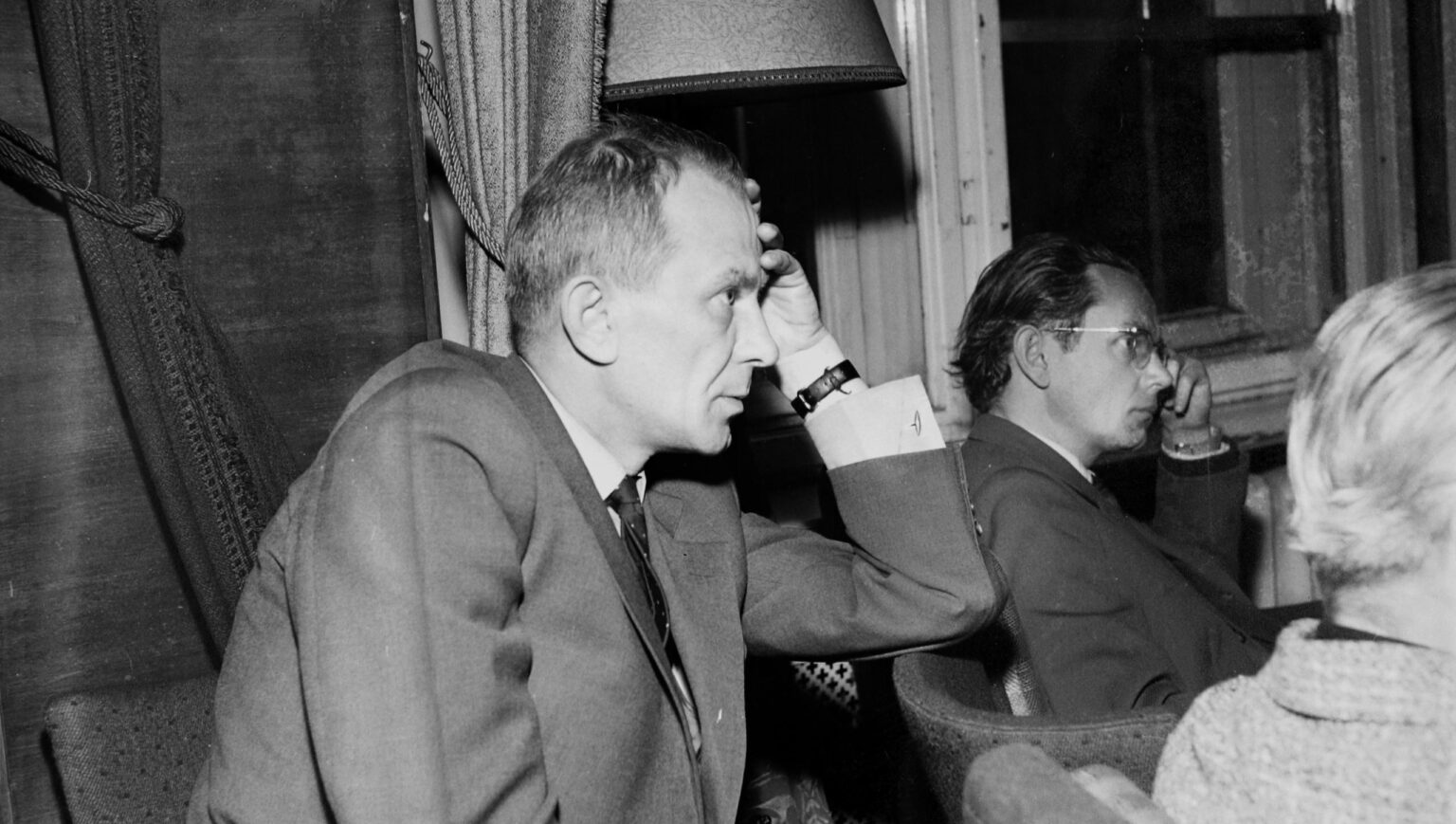
András Berkesi wrote a multitude of spy stories and adventure novels, becoming one of the star authors of the era, and was also awarded the Attila József Prize. Officially, no one has ever held him accountable for torturing, humiliating, and handing over people to the Russians to be taken to the gulag.

‘Their achievements in the following years are also remarkable because they worked in a complete vacuum, relying only on their own research and calculations. By March 1944 Bay’s team had reached the point where they could target the “locating” of the Moon—that is, capturing microwave signals reflected from the Moon’s surface.’
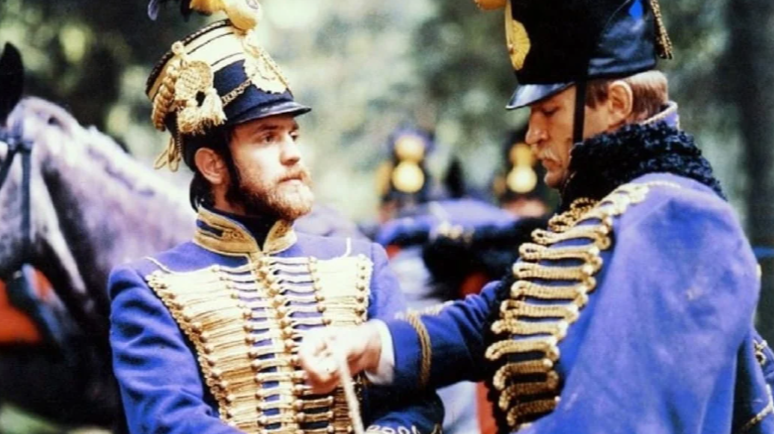
15 March have been portrayed differently in each era. More recent productions focus on building a heroic myth or on reality, while before the regime change, the historical events of the 1848–49 Revolution were rather wrapped in a subtle critique of socialism. Magyar Krónika has collected five Hungarian films that bring the revolutionary events to life.
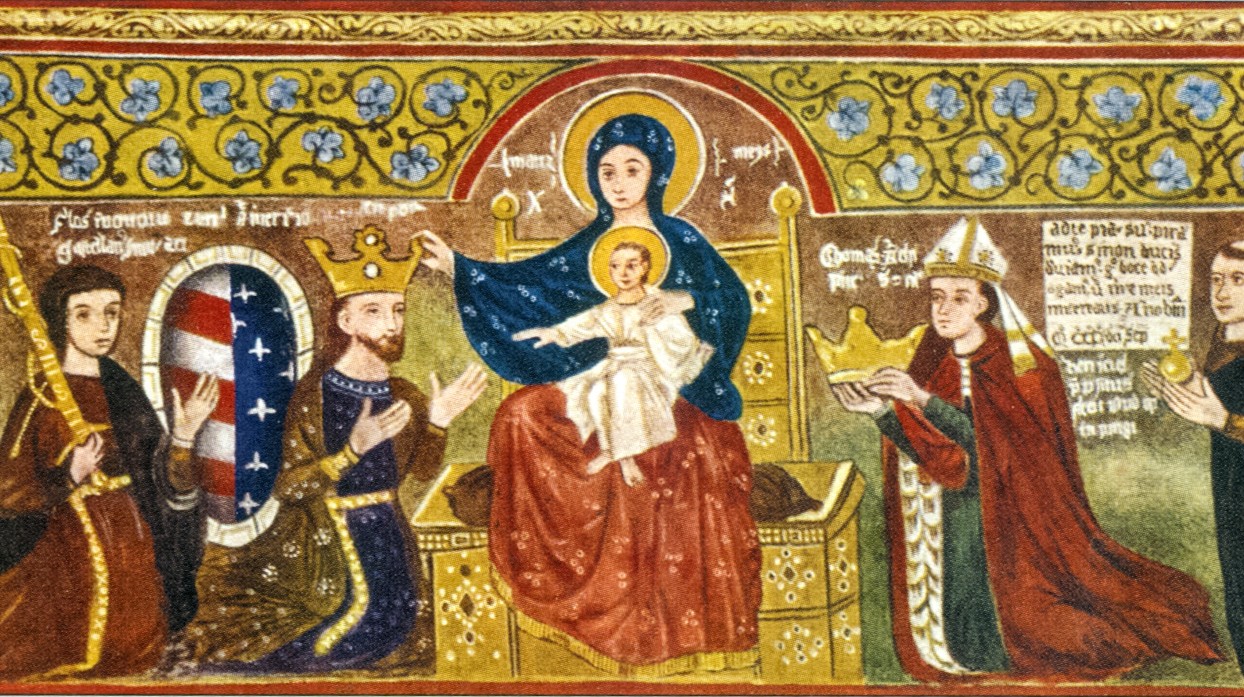
‘It was an unprecedented period in Hungarian chivalric culture when Charles restored the authority of royal power, and Louis reaped the benefits of his father’s policies. At this time the court of the Hungarian kings had international clout and a network of contacts indeed, with King Louis corresponding with influential figures such as poet Petrarch and famous Florentine chancellor Coluccio Salutati.’
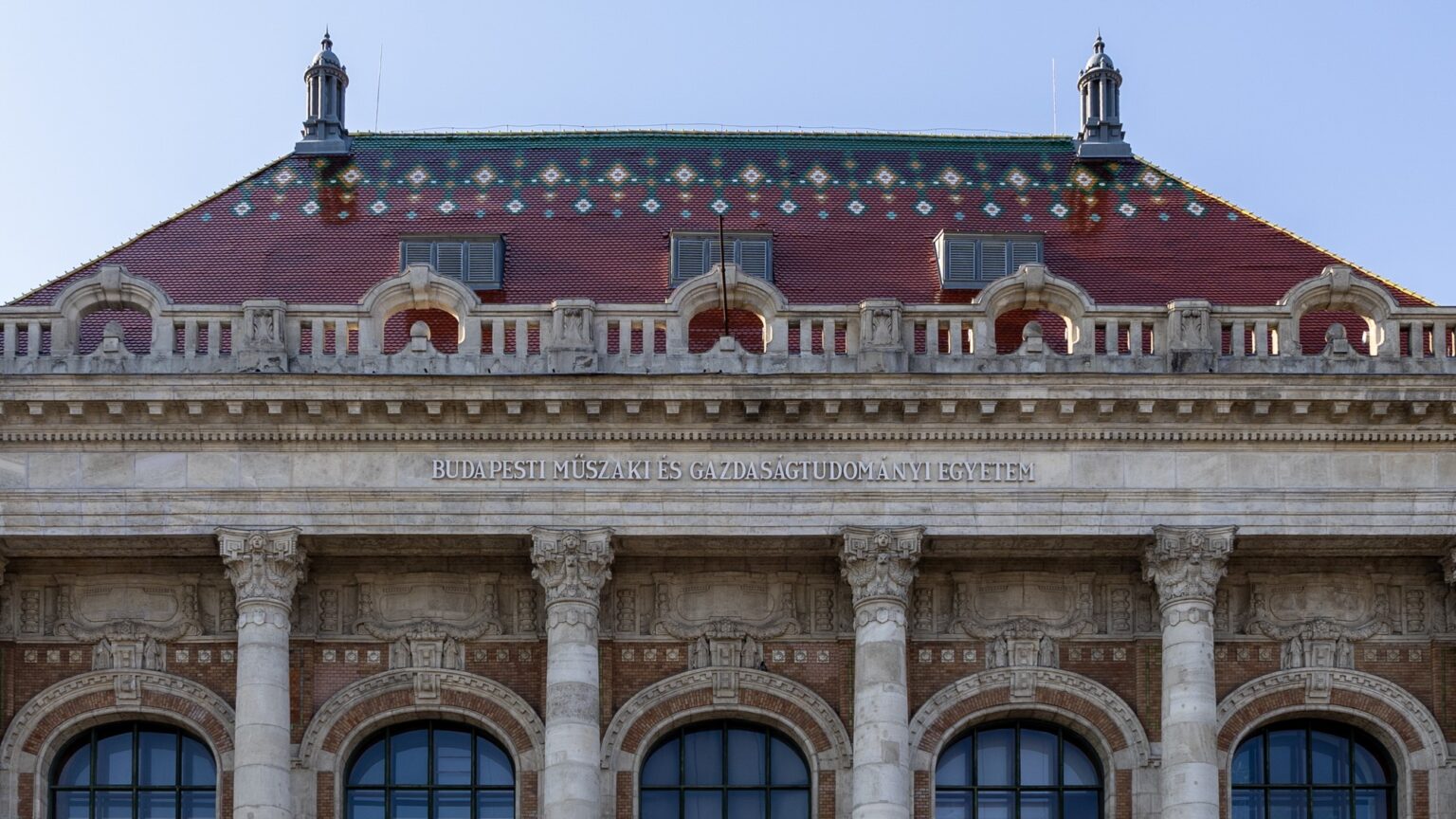
Hungarian universities have achieved remarkable progress in the 2025 QS World University Rankings by Subject, with 12 institutions advancing in global standings. The results highlight Hungary’s growing competitiveness in disciplines such as medicine, computer science, and materials science.

After a year of delay due to many controversies, Disney’s live-action film adaptation of Snow White is only days away from its theatrical release. However, yet another controversy, alleged tensions between the film’s two stars, progressive Rachel Zegler and Israeli Gal Gadot, over the Palestine–Israel conflict prompted the studio to cancel a major premiere event in London.

Hungarian chocolate is set to journey to space as the Stühmer Moment Korfu ‘space chocolate’ gains NASA’s approval to be included in astronaut Tibor Kapu’s package for the International Space Station, marking a unique blend of tradition and innovation.
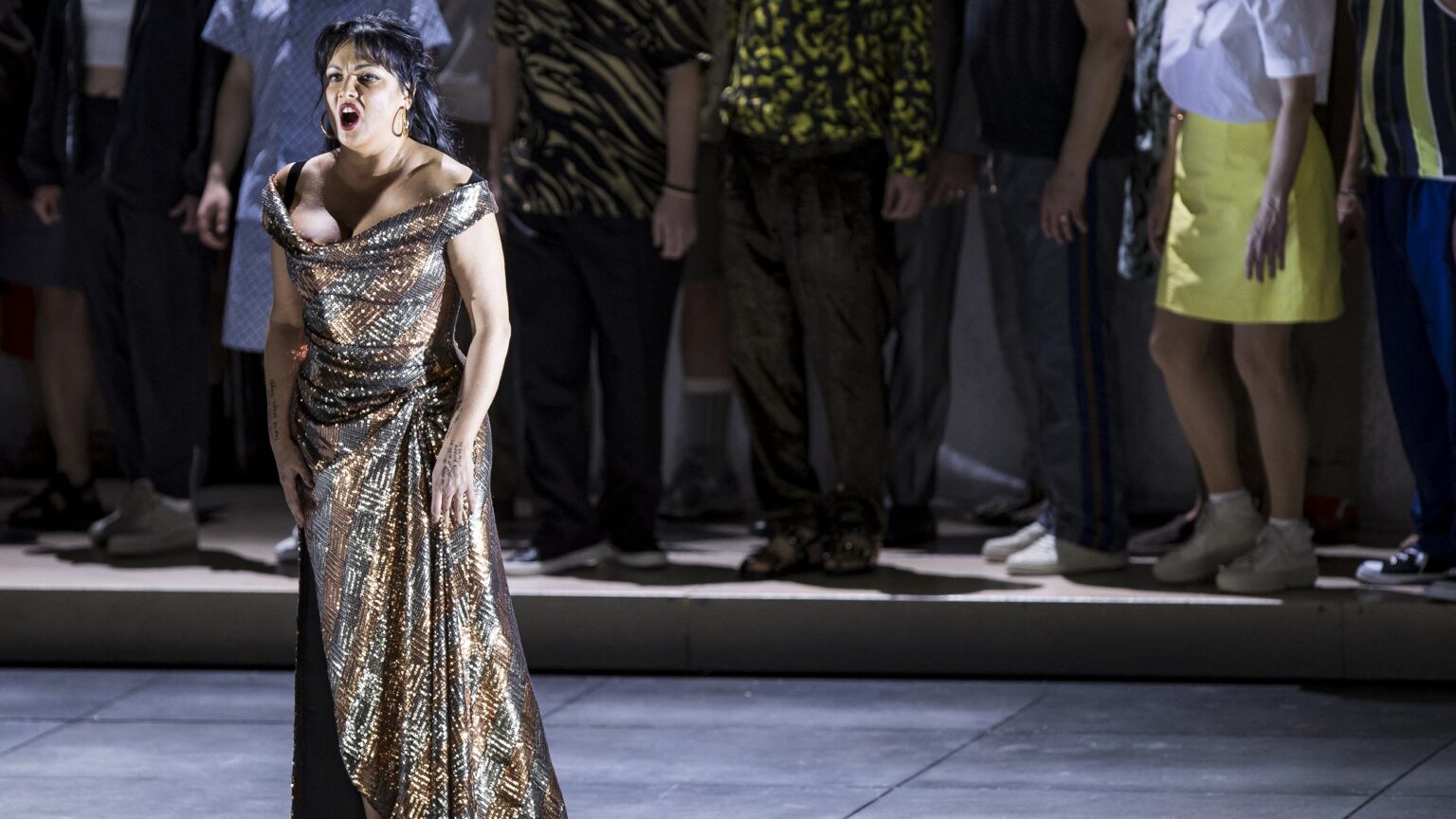
Ukrainian Ambassador to Hungary Fegyir Sándor has asked the Director General of the Hungarian State Opera House Szilverszter Ókovács to cancel a show by Russian Austrian opera singer Anna Netrebko for her support for President Vladimir Putin of Russia. Ókovács replied with an open letter, explaining why he did not comply with the request.
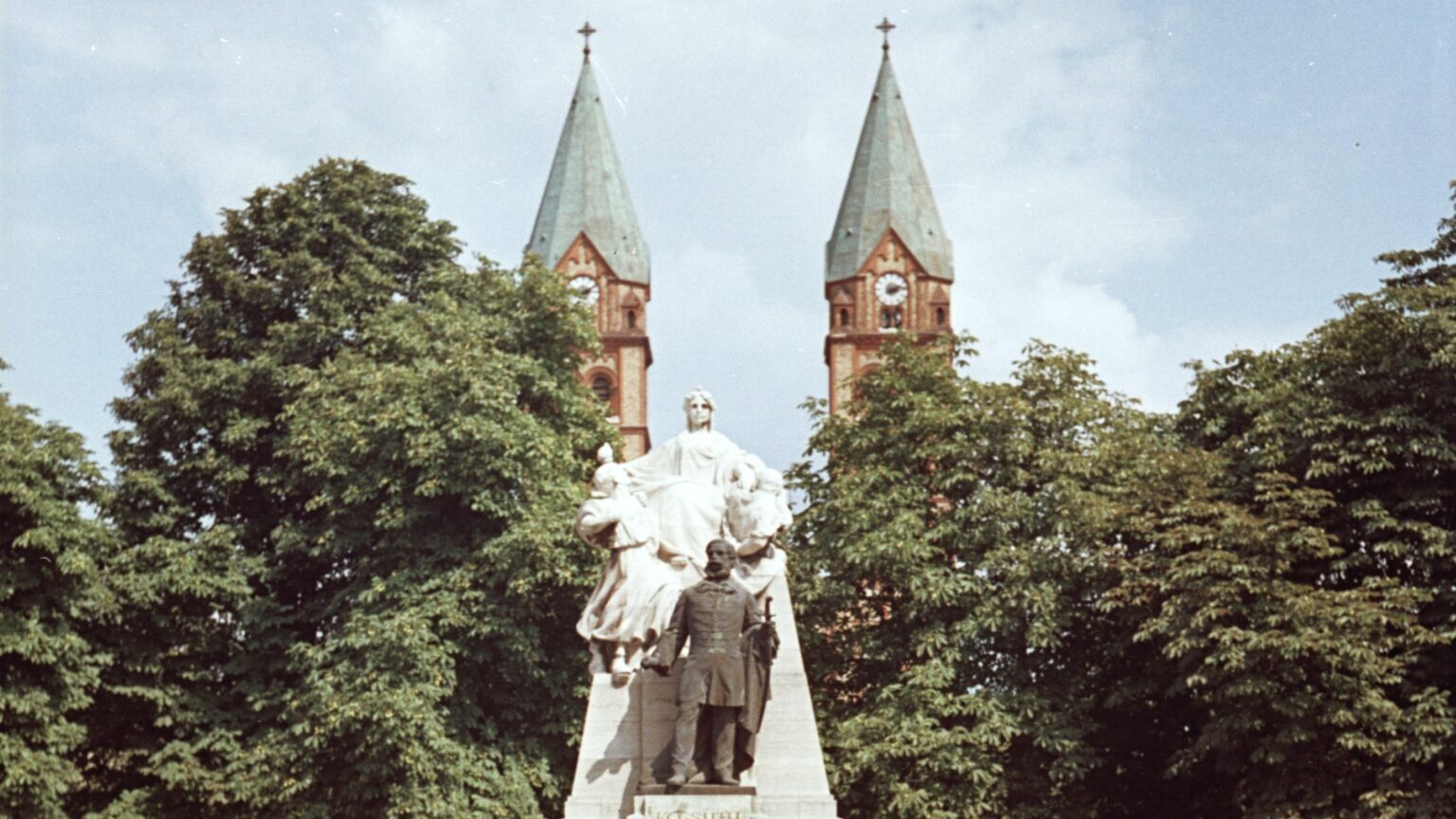
Hungarian and American leaders commemorated 15 March at the US Capitol, honouring Lajos Kossuth as a symbol of shared values between the two nations. The event highlighted common commitments to family, peace, national values, and Christian culture.

At a hearing for the House Foreign Affairs Subcommittee on Europe of the US House of Representatives, Representative Sarah McBride of Delaware, a transgender woman, was referred to the Chairman as ‘Mr McBride’. In response, ranking member Bill Keating, a Democratic representative from Massachusetts, declared that the meeting could not go forward until McBride is introduced ‘the right way’.
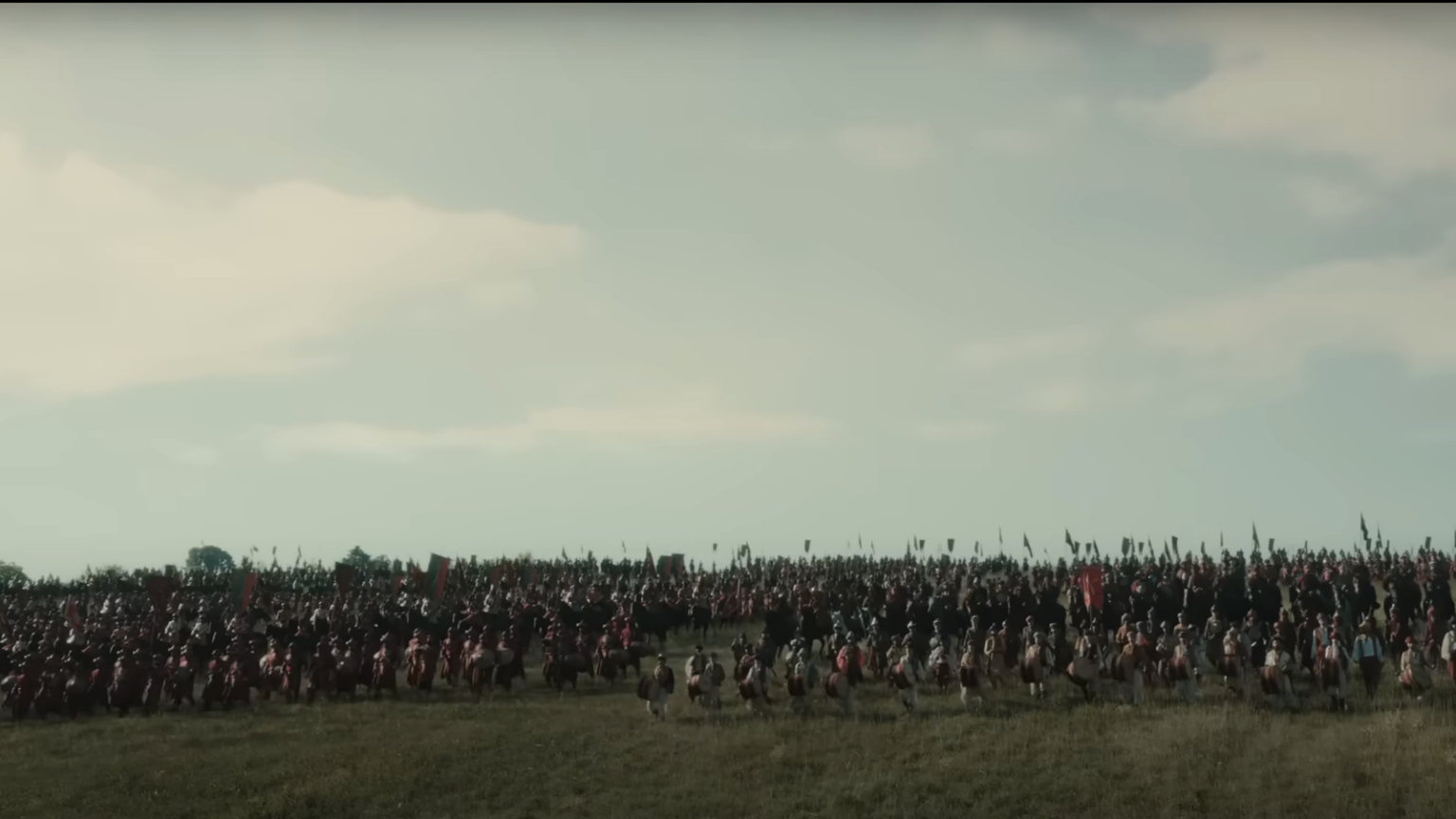
Hungary’s epic historical drama Hunyadi launched to spectacular viewership, with over one million viewers per episode, securing the top spot on last week’s ratings. The series, blending international talent and historical grandeur, has captivated audiences and critics alike.
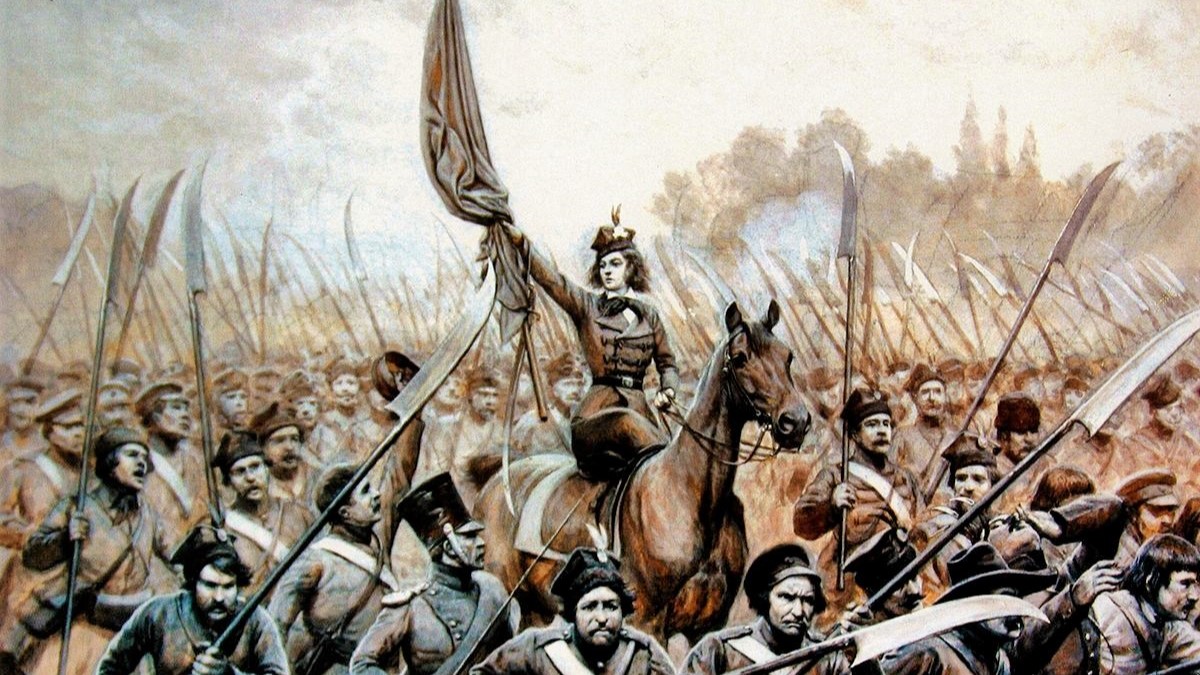
‘Without the Balts, there was no real argument for denying other republics the right to exit. Without Ukraine, there was no basis for a Slavic-majority Soviet Union. After a couple of rounds of confused negotiations Moscow simply retreated, and left its imperial project for the time being. The Soviet Union dissolved on 25 December 1991, leaving behind only the Commonwealth of Independent States…’

Hungarian researchers are developing a groundbreaking therapeutic approach to combat viral infections in pig farming. The two-year project, supported by the National Research, Development and Innovation Office (NKFIH), aims to reduce economic losses and improve livestock health.
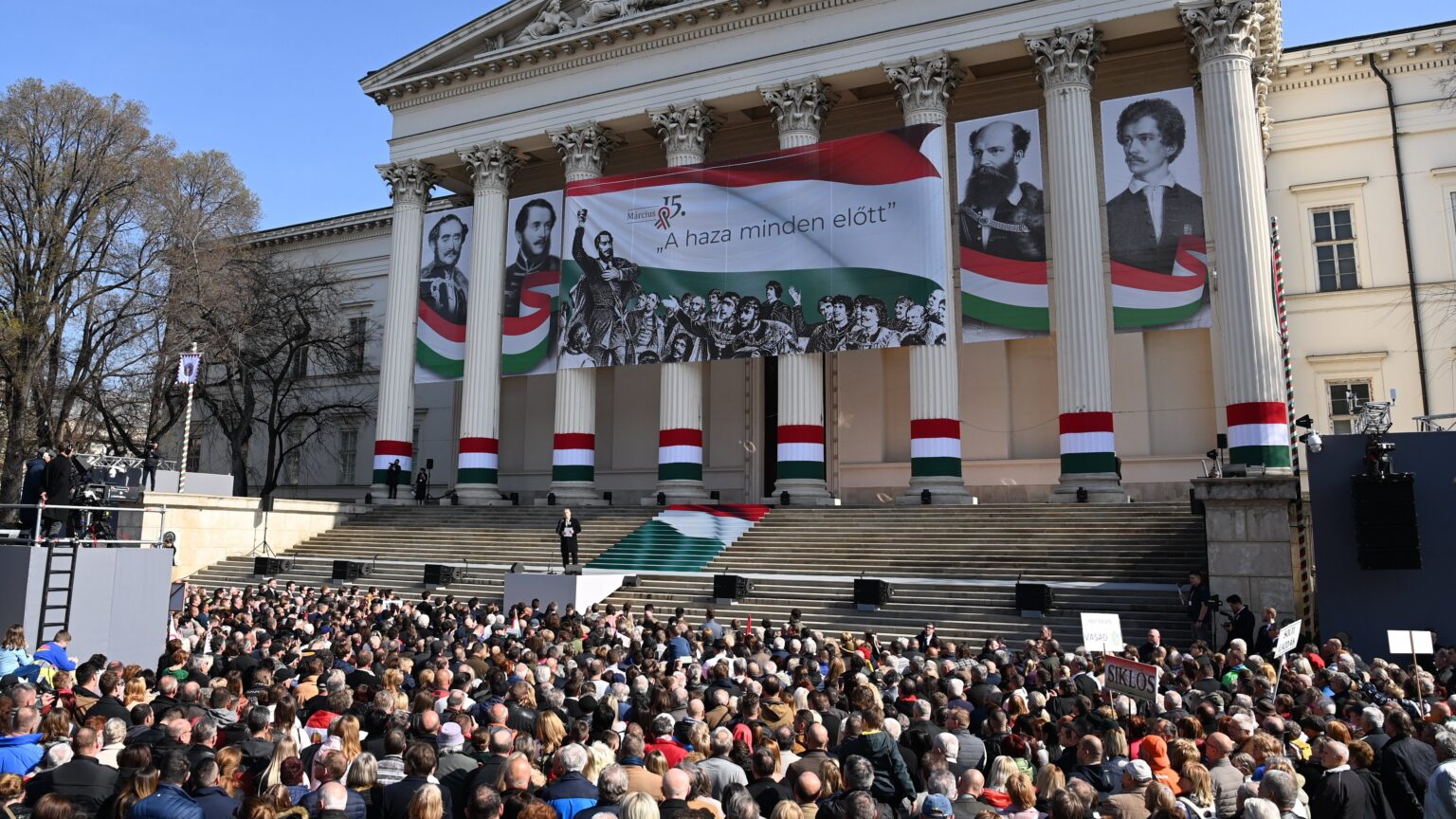
Hungarian Prime Minister Viktor Orbán will deliver a commemorative speech on 15 March at the Museum Garden of the Hungarian National Museum, marking the anniversary of the 1848–49 revolution. The national celebrations will include a series of events, historical exhibitions, and public ceremonies.

‘Christians are believed to have constituted about 30 per cent of the Syrian population in the 1920s. Before the Syrian civil war, they made up about 10 per cent of Syria’s people, a figure now diminished to about 2.5 per cent, falling from 1.5 million in 2012 to about 300,000 in 2022. Most Christians left for Lebanon, Europe and North America, escaping the war and Syria’s economic straits.’

Vehicle engineering student at Széchenyi István University Anna Szakonyi is gaining hands-on experience as a project management intern at Sauber’s Formula 1 team. Her journey blends academic excellence, motorsport passion, and innovative research.